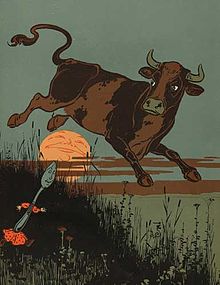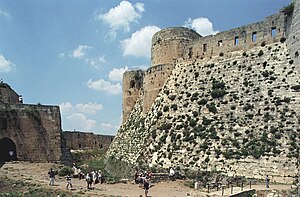...but just sometimes you need to go on a spree.

Photo of Oxford Street by Edward
You can have your spree in a Pound Shop if your finances are fragile. No, really, you can: if there's nothing you want yourself then buy some stuff anyway and give it away to people you...
...er...
...well, don't actually like.
If that doesn't appeal then indulge yourself. Buy a cake as well as a sandwich at lunch time. Two cakes!
Buy that pair of trousers. You know you'll regret it for the rest of your...week...if you don't.
Fill your house with flowers.
I mean, have you really got enough lawnmowers?
Pianos?
Gerbils?
What?
Really?
You have?
Oh.
Oh well. Enjoy yourselves, anyway.
Thing To Do Today: go on a spree. This word might comes from the Scottish word spreath, which means plundered cattle, and before that from the Latin praeda, which means booty.






















